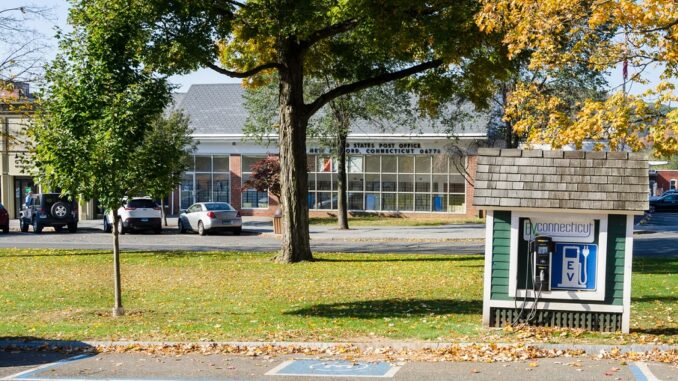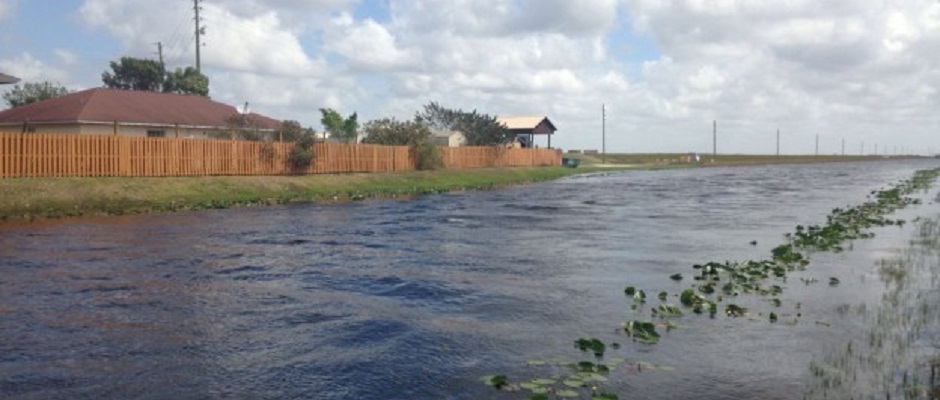
Due to the federal structure of the United States, state and local governments in the U.S. are the implementation agents for a vast swath of federal policies. One area where state and local governments play an important role is environmental policy, putting local government managers on the frontlines of climate change.
A recent study in the journal Public Administration Review considers the role of local governments in climate change in the United States, as the country embarks on an unprecedented foray into fiscal federalism to combat climate change. The authors arrive at a stark reality: many local governments in the U.S. are not ready.
That raises important quesions. For instance, if local governments in the U.S. are not ready to be climate change managers, what efforts will be required to make sure that local government officials in Africa and Asia will be to make significant contributions to local climate mitigation and climate adaptation any time soon?
American local government managers on the frontlines of climate change?
Through two federal laws–the Infrastructure Investment and Jobs Act of 2021 (IIJA) and the Inflation Reduction Act of 2022 (IRA)–an estimated $600 billion is being directed to climate-related programs across multiple federal agencies in the U.S. The amount directed to states, local and tribal governments could top USD 120 billion.
These funds are slated to be disbursed at break-neck speed. As an example, the U.S. Environmental Protection Agency (EPA) has until September 2024 to award USD 27 billion through a new Greenhouse Gas Reduction Fund for community solar projects—including USD 7 billion through state, local and tribal governments.
In order to receive these conditional grants, local government are expected to develop competitive grant proposals, engage in community outreach, and stand up new solar programs, resilience hubs, and methane-capture initiatives, all while “greening” government buildings and vehicle fleets.
Real-world capacity constraints
Even though many cities and local governments in the U.S. may be considered highly effective and empowered compared to their counterparts in some other regions of the world, local governments in the U.S. nonetheless face real capacity constraints.
Walk into most any mid-sized municipal government in the United States and you are likely to encounter a bare-bones crew of public administrators devoting most of their mental and fiscal capacities to managing short-term service-delivery issues. What you will not find are robust grant-writing offices, suites of policy analysts, or multiple seasoned sustainability professionals. Local governments have been dealing for decades with tax and expenditure limits, state legislative preemptions, race-to-the-bottom economic development competition, and the myriad legacies of unfunded mandates and urban disinvestment.
Drawing from recent data and cumulative evidence on local sustainability activities, it is clear that policy makers and managers at all levels of governance need to apply the lessons learned over the last two decades of subnational climate efforts. For local government managers working in the 21st century, climate change will likely be a defining social dilemma of their lifetimes. After years of inaction, the United States has taken a major step in trying to meet its greenhouse-gas mitigation pledges. But implementation requires understanding both the opportunities and opportunity costs posed by such generational investments.
Conclusions and evidence for practice
- The vast majority of U.S. municipal governments lack the technical competencies and capacity to fully take advantage of climate funding from the 2021Infrastructure Investment and Jobs Act and 2022 Inflation Reduction Act.
- Federal and state grantor agencies in the United States should streamline and/or simplify financial mechanisms for disbursing recent climate investments to local and tribal governments.
- Financial matching requirements should be reduced and deadlines extended to facilitate applications from small communities.
- Collaborative, capacity-building efforts for planning and implementation, which can be organized around multi-jurisdictional cohorts of local government staff and supported by subject-matter experts, should be expanded.
Read the full article (Open Access) on the website of Pubic Administration Review (Wiley):
Deslatte, Aaron, Michael D. Siciliano, and Rachel M. Krause. 2023. “Local Government Managers are on the Frontlines of Climate Change: Are they Ready?” Public Administration Review 83(6): 1506–11. https://doi.org/10.1111/puar.13726



